A plastic packaging tax came into effect in the UK on 1 April, applying to packaging where the plastic used in its manufacture is less than 30% recycled. This has contributed to some grades of recycled plastic commanding higher prices in recent months.
Corby-based plastics recycling company Jayplas hopes to build a 150,000 tonnes-per-year capacity plastics recycling plant in Merthyr Tydfil, around 20 miles north of Cardiff (see letsrecycle.com story). The capacity of the plant will be split between rigid plastics and film.
Jason Davies, director of Jayplas’s PET division, spoke at the LARAC Wales Conference, which took place at the Marriott Hotel in Cardiff on 12 July.
He said: “The new Welsh facility is intended to increase the recycling of plastic waste and create raw materials, which will reduce the use of virgin polymers.
“Our investment is a direct response to the packaging industry’s need for larger levels of sustainability. It shows that Jayplas continues to lead in the development of UK plastics recycling infrastructure.”
Jayplas, which operates nine recycling plants and recycled product manufacturing sites across the UK, has yet to receive planning permission for the Welsh facility.
Film
Mr Davies said sorting film from “various local and UK collection outlets” at the proposed Welsh plant would be “important” to increasing recycling rates across the UK.
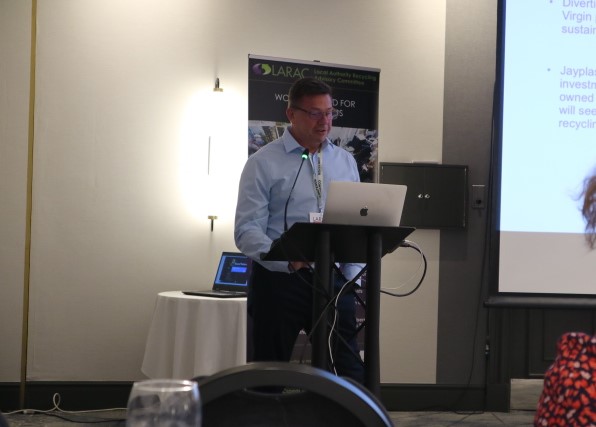
Jayplas separates and reprocesses material from “a lot” of retailers who collect flexible packaging at the front of their stores, Mr Davies said. Among these retailers is the Co-op supermarket, which launched in-store recycling scheme for plastic bags and product wrapping across 2,300 stores last year (see letsrecycle.com story).
“We’re developing more relationships now with some of the big retailers as we hope to take this to a larger scale, producing much higher quality raw materials,” Mr Davies had.
Protest
A lone protester, Rob Thomson, picketed the conference’s morning sessions to express his displeasure at Jayplas’s plans. He said he had lived at Incline Top, an area of Merthyr Tydfil, for more than 30 years.
Mr Thomson gave out leaflets asking the local authorities present to “say no” to “one million tons of dirty waste plastics coming to Wales”, “lorries with dirty plastics clocking 3.4 million miles a year” and “heaps of dirty, smelly, polluting plastic waste”.
Mr Thomson’s leaflet also suggested he objected to “millions of Welsh public funds being wasted on England’s dirty waste plastics.”
Fleet electrification
Meanwhile, Ross Cudlipp, climate change service manager at Newport city council, spoke at the conference about how his local authority was looking to electrify its fleet.
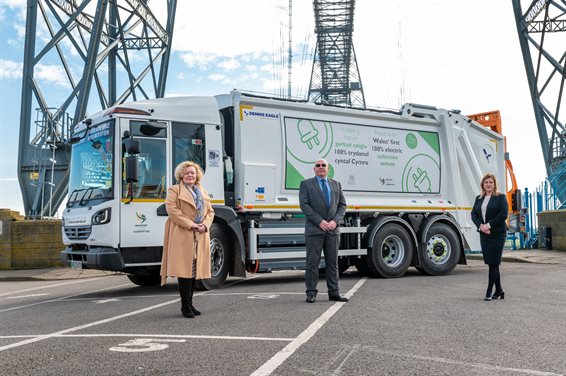
Newport has a fleet of around 200 vehicles, Mr Cudlipp said, which produce about 10% of the council’s emissions. Mr Cudlipp said Newport’s 14 refuse collection vehicles (RCVs) were responsible for 25% of the fleet’s total emissions.
Around 25% of Newport’s entire fleet is electric, Mr Cudlipp said, including six RCVs. Two of these vehicles are new, while the other four have been converted from diesel fuel.
‘Teething problems’
Newport rolled out “Wales’s first” electric RCV in March 2021 (see letsrecycle.com story). While Mr Cudlipp described the launch as a success, he said there had been some “teething problems”.
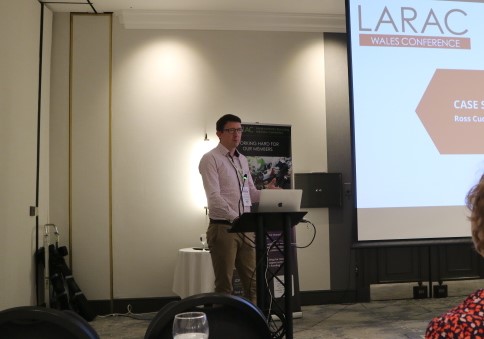
“The transition to electric refuse collection vehicles hasn’t always been smooth,” he said. “There have been some issues around vehicle charging, around the software on the vehicles and with battery management.
“One issue that I’ve seen is the difficulty around the integration of the electric vehicle elements with the existing refuse vehicles. We’ve used diesel vehicles for decades. We’re really reliant on them and they work really well but combining the two elements has been a challenge for the manufacturer that we use.”
However, Mr Cudlipp suggested Newport’s experience of electrification in general had been positive.
He added: “Because they’re electric, if we can implement renewable energy, we can make them truly net zero, whereas you’re never going to do that with a fossil fuel vehicle.”




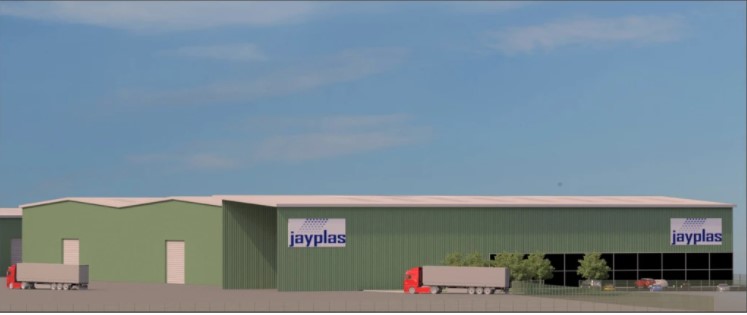

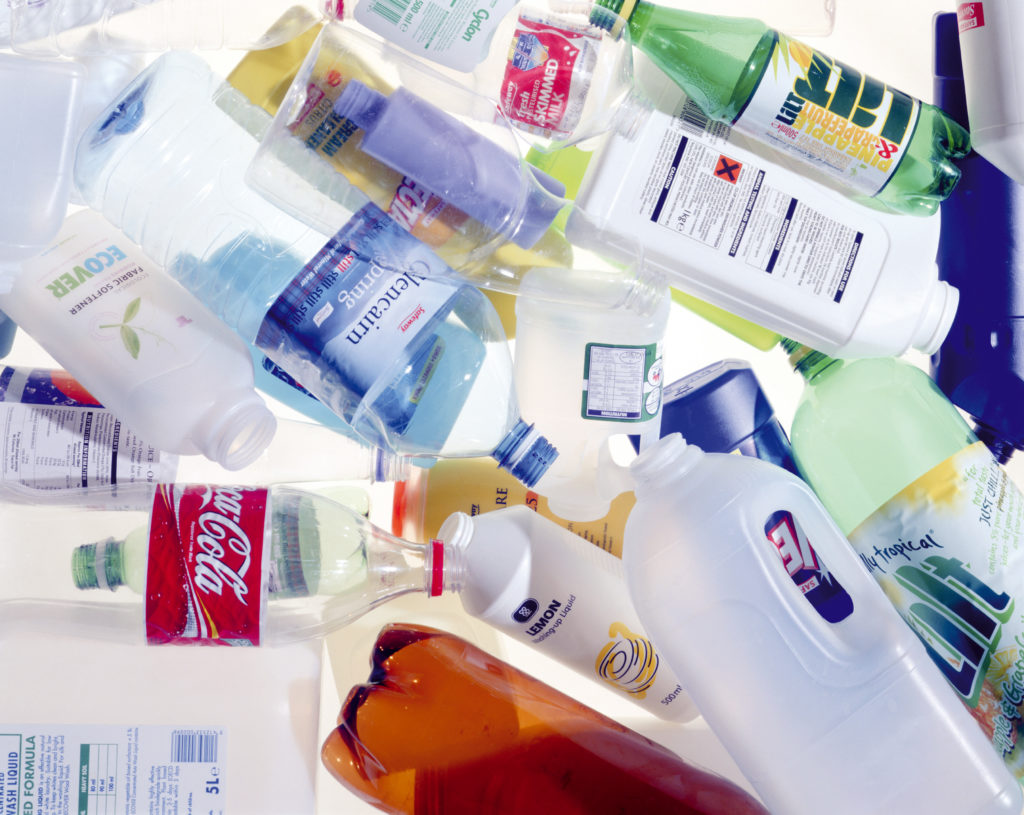




Subscribe for free